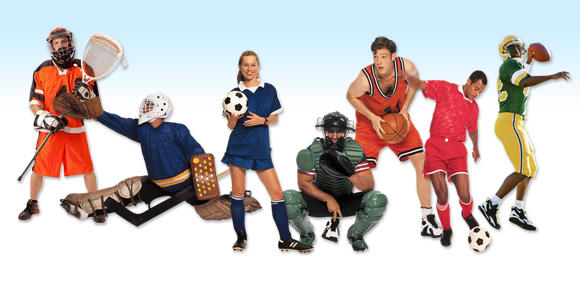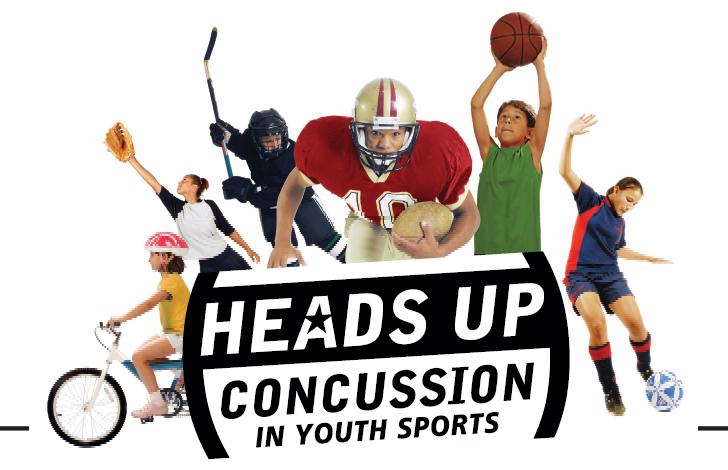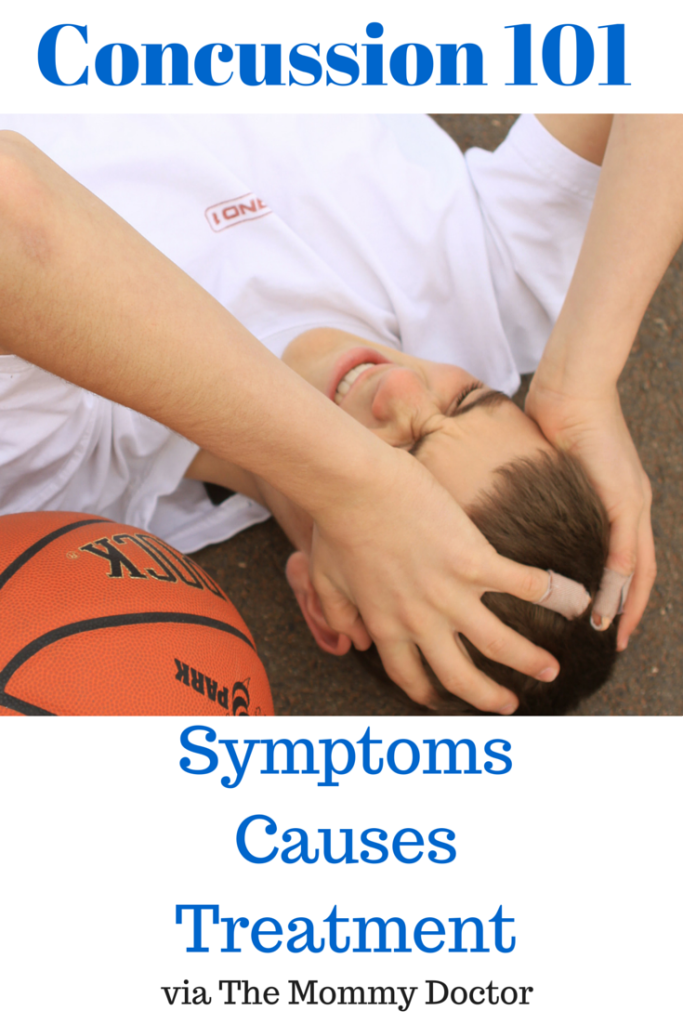“Ask the Experts” is a series on Baton Rouge Moms where local experts will share their thoughts, opinions and answer questions relating to health, wellness and parenting. If you have a question for one of our experts, please leave it in the comments below and they might just answer in an upcoming article.
Now that September is here it means there’s just one question on everybody’s mind: “Are you ready for some football!??!?” Whether you are most excited for the Friday night lights of high school football, Saturday nights in Death Valley (or Kyle Field for my Fightin’ Texas Aggies out there), or “Who Dat” Sundays in the Superdome, I know many people have been (not so) patiently waiting for the past 8 months for football season to start once again. But outside of the excitement of the return of the gridiron, as you’ve likely seen, there has been increasing media coverage over the past few years in regards to sports injuries. Our favorite players, whether they be our sons and daughters on the local peewee or high school teams, or the pros in the NFL, everybody seems to be getting bigger, faster, & stronger at all levels and, in heavy contact sports like football, that means bigger hits and therefore more potential for brain injuries and concussions. So as we prepare for the greatest season of the year (i.e. football season ), here is what parents need to know in regards to concussions in their young athletes.
What exactly is a concussion?
A concussion occurs when there is an injury to the brain that causes disruption of normal brain function. This mechanism of injury typical occurs after a blow to the head. In other words, your hard skull meets another object (someone else’s head, the floor, a ball, etc) that causes the brain to jostle around inside the skull. In sports, we hear the most about concussions in those contact sports such as football, hockey, rugby, and the like, but concussions are also common in sports such as soccer when players’ heads collide, in basketball when a player falls and hits their head on the hardwood, or in cheerleading when a flyer isn’t caught appropriately. It is also common to see concussions after things like car accidents, ATV accidents, boating sports like skiing, wakeboarding, and tubing or even with the occasional nasty fall around the house. In reality, anytime there is a significant enough blow to the head, a concussion is possible.
What are the symptoms of a concussion?
Just as every child’s brain is different, the exact constellation of symptoms of a concussion can vary as well. The most common symptoms include headache, dizziness, blurry vision, light or sound sensitivity, a “foggy” feeling, difficulty concentrating or remembering things, and large alterations or quick swings in mood. While symptoms will often appear immediately after the blow to the head, some symptoms may take hours or even days to appear. Less than 10% of children who suffer a concussion have a loss of consciousness – so don’t automatically assume that if they weren’t “knocked out” that they haven’t had a significant brain injury.
How is a concussion diagnosed?
First and foremost, a child who has sustained a serious blow to the head should be evaluated by a medical professional to determine if they have sustained a concussion. There is no single test that can diagnose a concussion. There are several screening tools available that focus on what symptoms the child is having that can be used in conjunction with a general medical evaluation to determine if a concussion is suspected. Most children who have sustained a concussion do not need imaging of their brain such as a CT scan or MRI. However, only a medical professional can determine if there are worrisome signs following an injury that would warrant taking a look at the brain.
What is the treatment for a concussion?
The most important treatment for a child that has been diagnosed with a concussion is both physical and mental rest. There is no debating the fact that an athlete who suffers a concussion should remain out of sports or any physical activity until 100% symptom free. Returning to sports before one concussion has resolved puts athletes at risk for “secondary impact syndrome” which can lead to more permanent brain damage. Where a bit of discussion comes about in the medical literature centers around the need for rest from all mental activities as well (i.e. schooling). While a few days away from school or reduced cognitive workload for a short period of time may be needed for certain cases of concussions, the latest research is indicating that complete mental rest may actually cause more harm than good. There are certainly more studies ongoing at this time to try and determine the best course of action when it comes to school attendance. However, one thing when it comes to mental rest that is for sure…avoidance of TV, video games, smartphones and other electronic devices is recommended along with the related social media & internet activities that accompany these things (And yes, I can almost hear the universal groan from all of those teenagers out there who read or hear this).
When can children return to sports following a concussion?
Since every brain is different, the amount of time that each brain needs to heal following an injury will also be variable. Many children may have concussion symptoms lasting 1-2 weeks after the injury, but it is not uncommon for these symptoms to linger to some extent for up to 6 weeks. Athletes should be held out of their sport until 100% symptom free at rest. Once symptom free at rest and cleared by a medical professional, a stepwise return to play should be initiated. Most high schools and colleges have a specific 6-step return to play plan of action. In the end, the most important thing to remember is, “When in doubt, sit them out!”
So what about these “baseline concussion screenings” being offered by some schools and physical therapy offices?
Now, here is where we get into the current debate in the concussion world. Should all athletes, particularly high school, college and professional athletes, be required to have a pre-season, baseline concussion screening test? There are several testing tools available, most now computerized, that are aimed at providing an objective measure of brain functioning. The idea here is that by knowing the baseline brain functioning of an individual, those results can be compared to the results when the test is given after suffering a concussion. While I think such testing can provide objective data, it should be remembered that no one single test can determine if a child has either sustained a concussion or has fully recovered from a concussion.
For parents, understanding the signs and symptoms of concussions as well as the importance of rest for a child recovering from a concussion is of utmost importance as we strive the keep our children’s growing brains healthy. What was previously referred to as “getting your bell rung,” we now understand as an injury that can have long term and potentially permanent negative mental effects especially if not allowed to heal properly. So as the countdown clock to kickoff continues to tick away, remember that when it comes to a potential concussion with your young athletes, make sure and get a medical professional involved to assess the situation and follow their recommended course of action. Be prepared to allow the proper time for mental and physical rest critical for healing the brain, and don’t get back to any athletic activities until your athlete is 100% symptom free. And if there’s ever a question, remember the phrase, “When in doubt, sit them out!”
Everyone have a safe and incredible football season, Gig ‘Em Aggies, Geaux Tigers, and Who Dat!







My nephew was playing on the swing set today and fell off, head first, onto the ground. My sister and I didn’t think much of it. He cried for a few minutes and then he was o.k. A few minutes ago he started mumbling and staring out the window. Now we think he might have a concussion, and we are going to take him to the doctor. I really hope it’s nothing serious.